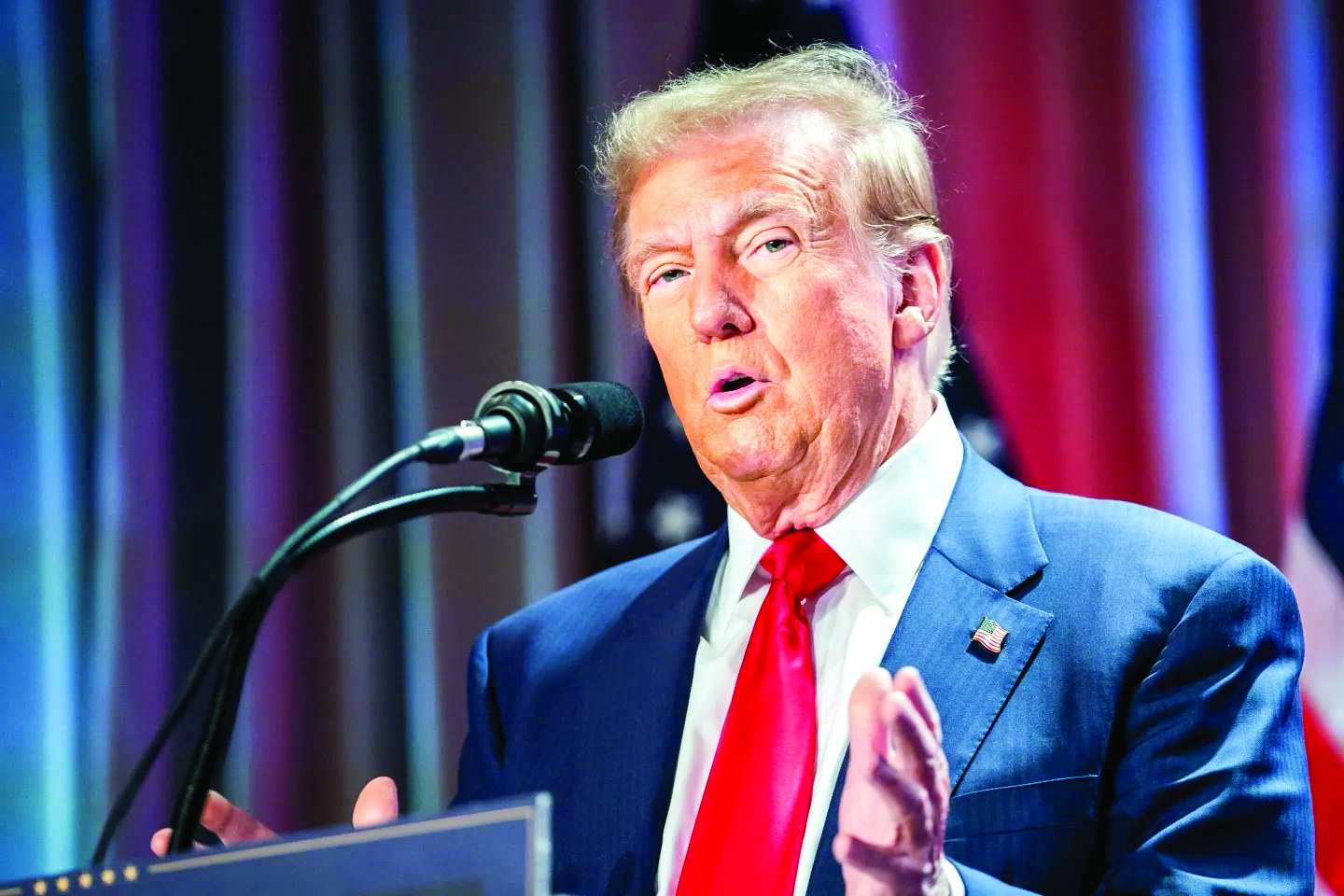
One of the most significant challenges of Bitcoin adoption is its volatile nature. The value of Bitcoin can fluctuate dramatically over short periods, making it an unpredictable store of value. This unpredictability can deter businesses and individuals from adopting it as a medium of exchange, as it is difficult to price goods and services in a currency that can experience sudden, drastic shifts in value. You can also invest in Immediate Momentum.
Regulatory hurdles also pose a significant challenge to the integration of Bitcoin into the mainstream economy. Many countries have yet to establish clear guidelines and regulations for cryptocurrencies, causing uncertainty for businesses and consumers. Some governments have outright banned the use of Bitcoin, further hindering its acceptance. Regulatory clarity is critical to fostering an environment in which Bitcoin can be safely and efficiently used.
Additionally, the technical understanding required to use Bitcoin can be a barrier to its adoption. While Bitcoin wallets and exchanges have become more user-friendly over time, the process of buying, storing, and using Bitcoin is still more complex than traditional banking and payment systems. Therefore, for Bitcoin to become more widely adopted, it must be made more accessible and easier to understand for the average consumer.
“Pump and dump” schemes can significantly tarnish the reputation of cryptocurrencies, perpetuating the notion that they are primarily used for fraudulent activities. This perception can discourage legitimate businesses and investors from adopting cryptocurrencies, hampering their integration into the mainstream economy.
Moreover, these schemes can result in substantial financial losses for less experienced investors who may buy in during the “pump” phase only to find their investments drastically diminished in value during the ensuing “dump”. This volatility can lead to a loss of faith in these digital currencies, further slowing adoption and potentially causing economic hardship for those affected.
Lastly, “pump and dump” schemes may attract regulatory scrutiny, possibly leading to restrictive policies that could stifle innovation in the cryptocurrency space. Regulatory bodies could impose stringent rules that make it more difficult for startups to operate or for investors to participate in the market. Consequently, the overall development and evolution of cryptocurrencies could be negatively impacted.
The absence of stringent regulation and oversight in the Bitcoin market leaves a wide gap for potential market manipulation and fraudulent activities. One common form of manipulation in cryptocurrency markets is ‘wash trading’. This practice involves simultaneously selling and buying the same financial instruments to create misleading, artificial activity in the marketplace. It can significantly distort the perceived value of Bitcoin, leading unsuspecting investors to make decisions based on false information.
Moreover, the anonymity of Bitcoin transactions, while attractive for privacy reasons, can also provide cover for illicit activities such as money laundering and fraud. Without sufficient regulation, it becomes difficult for authorities to track these transactions and hold the perpetrators accountable. This can undermine the trust and security associated with Bitcoin, reducing its appeal as a legitimate medium of exchange.
Furthermore, the lack of regulatory oversight can lead to the emergence of fraudulent investment schemes. These schemes, often disguised as lucrative investment opportunities, can exploit unsuspecting individuals, leading to significant financial losses. Such practices tarnish the reputation of Bitcoin and cryptocurrencies in general, hindering their acceptance and integration into the mainstream economy.
Blockchain technology and cryptocurrencies, such as Bitcoin, have the potential to revolutionize the financial industry. They offer a method of transferring funds that is decentralized, secure, and relatively quick. This allows individuals around the world, including those without access to traditional banking services, to participate in the global economy. However, to truly harness the transformative potential of Bitcoin, it is vital that both technical and regulatory challenges are addressed in a constructive and inclusive manner.
Education plays a significant role in promoting the use of Bitcoin and other cryptocurrencies. By demystifying the complexities of blockchain technology and digital currencies, we can help the public understand its potential benefits and risks. This understanding could foster acceptance and adoption, while also raising awareness of potential scams and fraudulent activities. Initiatives to educate consumers and businesses about the use of Bitcoin should be complemented by efforts to make the technology more user-friendly and accessible.
Finally, while the lack of regulation in the cryptocurrency space can lead to challenges such as market manipulation and fraudulent activities, appropriate regulatory measures could help mitigate these risks. Policymakers worldwide need to strike a balance between providing sufficient oversight to protect consumers and investors, and fostering an environment that encourages innovation. It is a delicate equilibrium to maintain, but with careful consideration and international cooperation, regulators can help pave the way for the integration of cryptocurrencies into the global economy.















